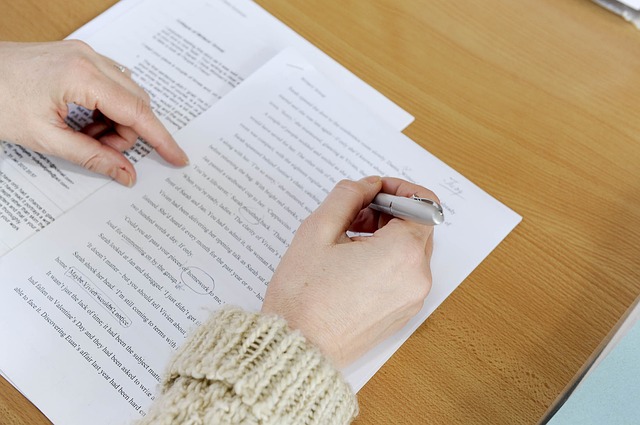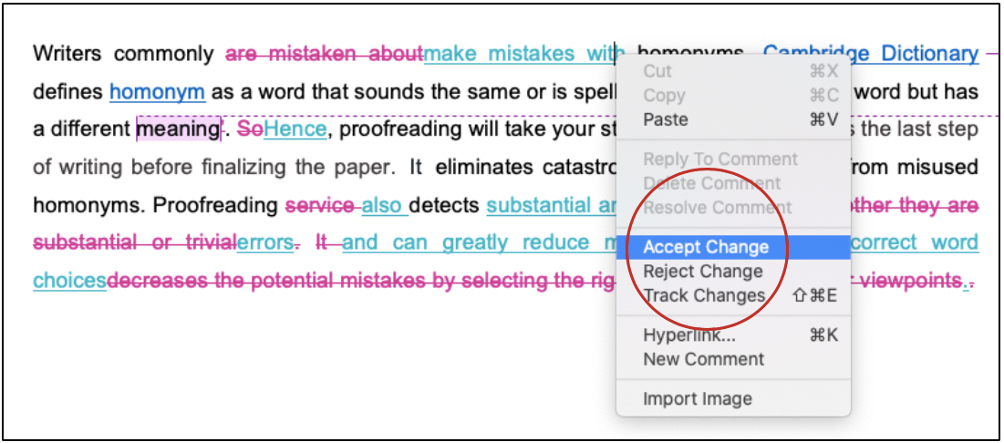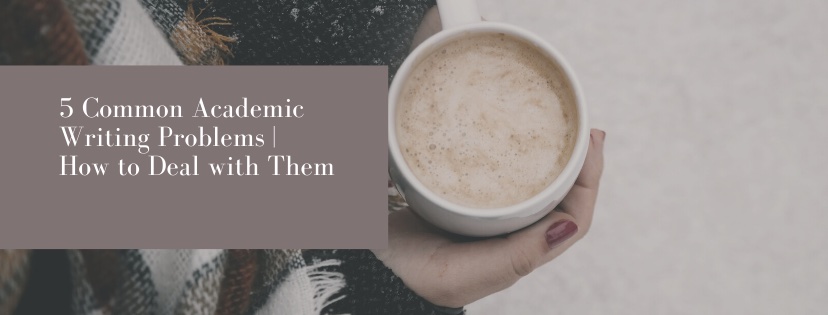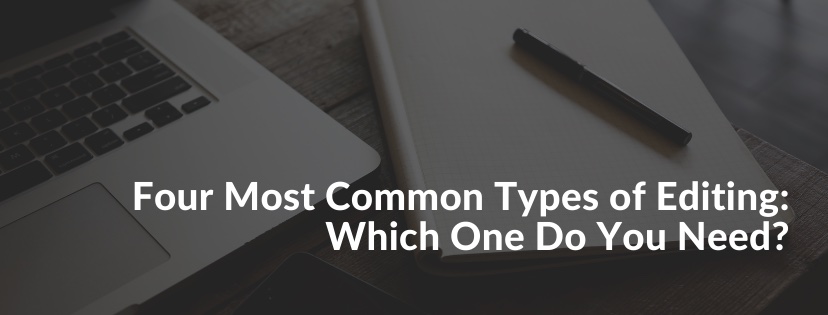Best English Editing and Proofreading Services

Looking at it from an objective viewpoint, editing as a process garners much flak from academics. Scholars either schedule it for the night before the deadline or display their bravado by entirely skipping it. Editing is, by all means, a resource-intensive and mentally taxing task. But it is also a crucial step in the writing process that enhances a document's overall legibility.
Continue Reading
Proofreading is an essential aspect of writing. You do not have excellent content if it is filled with mistakes or typos. When writing is complete, you do not push it out without reading through it. You may mess up your reputation if you submit poorly written work. Whether you want to edit, publish, submit, or proofread an article, you can use professional support to make it excellent. However, some students or writers often get confused about proofreading their works. We have made it easier for you to learn how to get an excellent article after proofreading.
Continue Reading
It is no wonder that many scholars dread the editing process and harbor numerous concerns even before they start it. They become skeptical about their academic writing abilities and are more prone to make fundamental mistakes. However, if approached strategically and in an organized manner, editing a dissertation and academic documents can become a much easier task. This article lists and explains four editing guidelines that writers must implement to edit their dissertations efficiently.
Continue Reading
Thesis and dissertation editing services eliminate linguistic errors, augment contextual legibility and thus, improve the overall quality of a manuscript. In other words, dissertation and thesis editing services are beneficial for any academic looking to enhance their meticulously crafted document. This article highlights some of the significant benefits that come with patronizing dissertation and thesis editing services. Thus, readers considering hiring one of these services should read it till the end to formulate concrete opinion.
Continue Reading
Some researchers or college students do not want to rely on an editor or a proofreader, thinking that they might sabotage their work. However, that is seldom the case, or you have had very bad luck with your editor or proofreader. A perfect editor and/or proofreader will help you bring out the best version of your work while keeping the work true to its original form. This article gives you some helpful tips for finding the right editor and proofreader for your manuscript.
Continue Reading
From the moment you started on your work, people advised you to rely on academic editing and proofreading services. But now that you are done with your work, and it is finally time for you to take advice, you realize you don’t really know much about academic editing. This guide is all-in-one for individuals like you who need to rely on academic editing and proofreading services but haven't a clue how things are done. We have noted down why you need these services, what happens through the processes, and how you can find a reliable service provider.
Continue Reading
Some might say that the only difference between academic and business writing is the fact that the former is practiced by scholars while the latter by professionals. However, when perused closely, one can discern some stark as well as nuanced demarcation between the two. For individuals, such as college graduates, who need to occasionally shift between academic writing and business writing, knowing these differences can help them format their respective documents appropriately.
Continue Reading
Writing articles for journals requires scholars to possess exceptional writing skills and awareness of their subject matter. They need to write such that their manuscript relays its central idea explicitly to the readers. In addition, they need to abide by strict writing conventions and best practices to befit the parameters of journal articles. It is not uncommon for research initiates and, at times, even experts to struggle with the article writing process. This article aims to mitigate some apprehension associated with writing journal articles by enlisting and expounding upon some essential writing tips.
Continue Reading
Writing for academic purposes demands extreme finesse. It is not just the language that should be exemplary. Even the diction, the tone, and the context of the text should be on point. However, the path to achieving this finesse is a troublesome one. Many scholars, while treading this path, come across a myriad of academic writing problems that they find it too cumbersome to overcome. These problems can concern their language skills, research capabilities, or lack of awareness regarding their field of study. The purpose of this article is to address some of these recurring academic writing problems and suggest ways to deal with them.
Continue Reading
Writing a research paper involves scrutinizing a plethora of research material to bring forth plausible conclusions. However, no matter the degree of impeccability and thoroughness of the research, successfully transmuting it into words takes a grave amount of practice and endurance. Thus, it is not uncommon to see amateur and even veteran scholarly writers commit research writing mistakes in their papers now and then. Following the narrative, this article will describe 5 research writing mistakes that frequently blemish the works of academic writers. It will also shed some much-needed light on the tips to amend and avoid these mistakes.
Continue Reading
One of the defining aspects of academic writing is that it is research-oriented. Academic authors constantly refer to and review credible literature in their field of study to succor their academic arguments and plausibly divulge the contents of their manuscripts to the readers. However, as much as it is necessary for academics to refer to trustworthy sources, correctly mentioning them in-text or in the bibliography is equally important. This is where the concept and importance of citations come into the picture.
Continue Reading
Everyone in the academic field encountered editing and proofreading services in some way. Be it before submissions or publishing, editing and proofreading your work is an essential part of the writing process that you must adhere to. However, some researchers and students get confused over what exactly happens under this part of the writing, especially under proofreading. In this article, we will go through a step-by-step process to help you understand what exactly happens in academic proofreading.
Continue Reading
Many researchers get confused about what can or cannot be labeled as editing. There are still people who tend to confuse proofreading with editing as the same thing. However, that is not the case. Proofreading is a type of editing and falls under the process of writing. In this article, we will take the liberty to go through some of the most basic and most important types of editing that you must know of.
Continue Reading
Editing and proofreading phase is one of the essential stages in the writing process that most researchers and students overlook. However, you know better, and you want to edit and proofread your documents all the time. While hiring professional services is a great idea, you should polish your editing and proofreading skills before you step in for some paid services. The reason why we suggest this is because you know your document better than anyone out there. In this article, we have here a few tips that can help you get better at doing the deed.
Continue Reading
The biggest reason why writers opt-out of relying on an editor or proofreader is the myth that they will change your content, material, or style. That they will replace all your hard work and effort with something entirely different, we cannot begin to explain how incorrect that is. Sure, sometimes editors and proofreaders can be overwhelming and may impact your content, but most of the time, their job is to enhance your work so that your content or style reaches its true potential. In this article, you will find a simple guide on how you can communicate better with your editor and proofreader.
Continue Reading